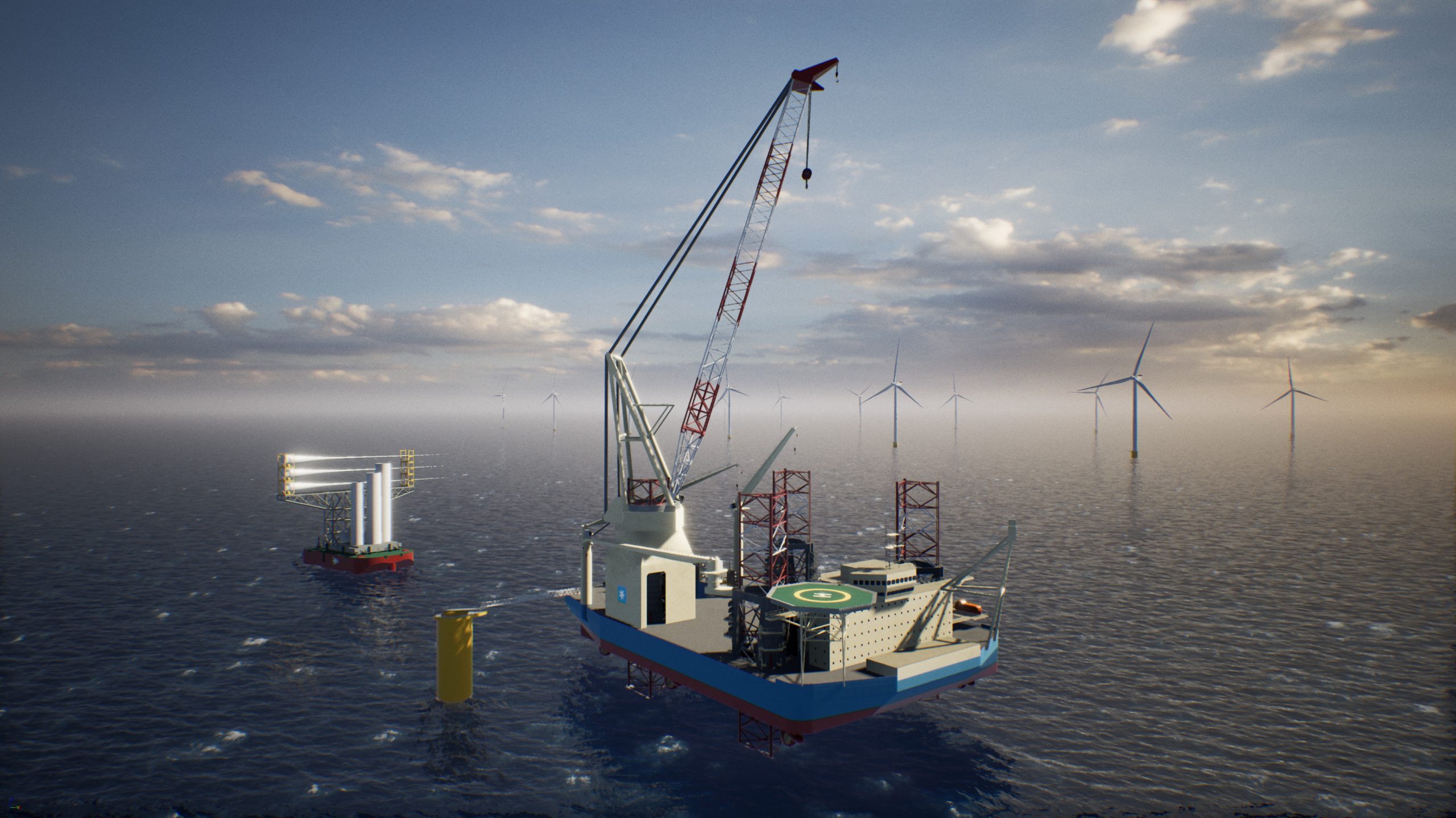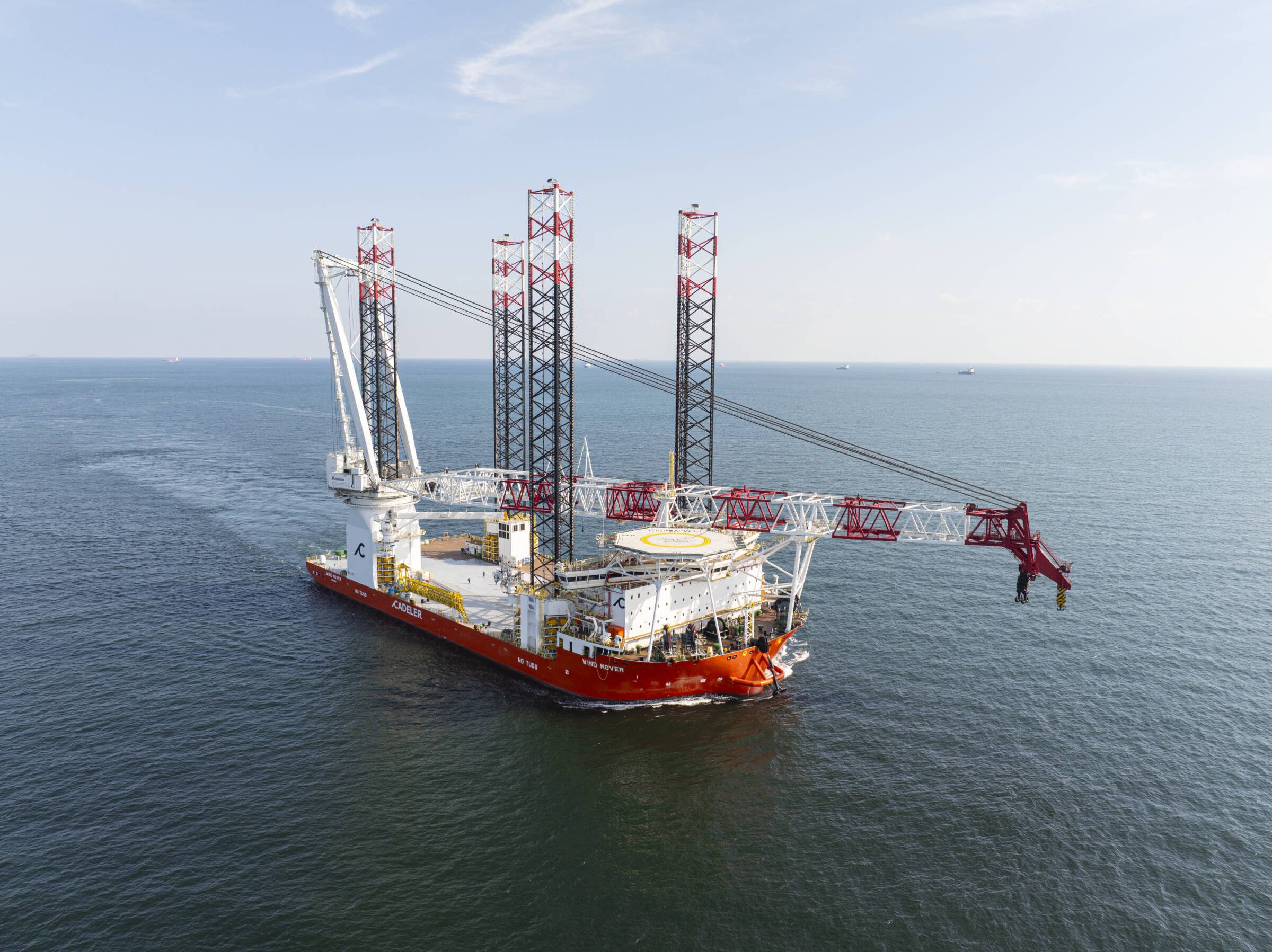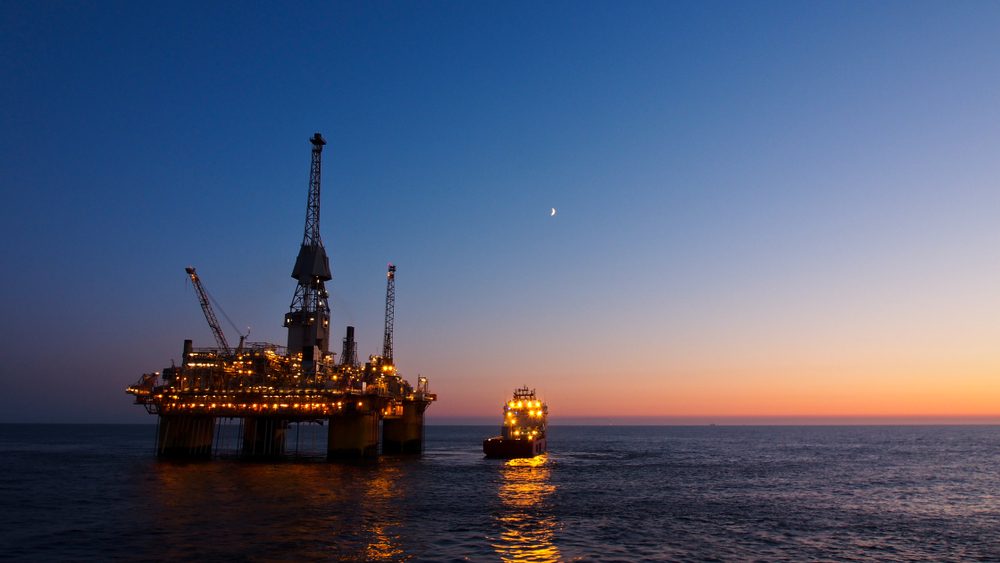Credit: Casimiro PT / Shutterstock.com

By Ron Bousso LONDON, Nov 30 (Reuters) – Female employees of Royal Dutch Shell in Britain earned on average 22 percent less than male colleagues, the oil and gas firm said on Thursday, a difference that is more than double the national average.
The Anglo-Dutch company, which employs more than 5,000 people in Britain, of which two thirds are men, said the gap was due to fewer women holding senior leadership positions and fewer women working in technical roles such as operating offshore rigs, or trading roles that attract higher pay.
“Through our robust and non-discriminatory pay processes, we are confident we have equal pay, however, we do have a gender pay gap. Across all our employees in the UK, that pay gap is 22.2 percent,” Shell said in a report on the pay gap for 2017.
The figures contrast with the national average pay gap that was 9.1 percent in April this year, the lowest in 20 years, according to the Office of National Statistics. The proportion of women relative to men decreases further up the pay scale.
Shell said 78.1 percent of top quartile earners were men. Women were a majority in the lowest salary band at 53.1 percent.
The gap is wider for bonus payouts at 43.2 percent.
Shell said it was making progress in addressing the gap and increasing the number of women in higher ranking roles. Since 2005, the percentage of women in senior management posts in Britain had risen from 12 percent to 26.8 percent, it said. (Additional reporting by Polina Ivanova; editing by Mark Heinrich)
(c) Copyright Thomson Reuters 2017.

 Join The Club
Join The Club











